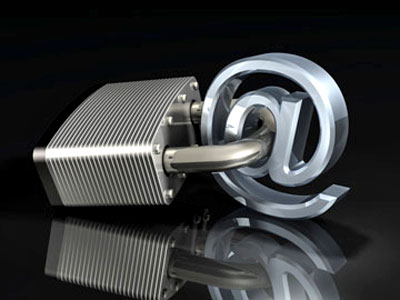
by Joe Wright
August 16, 2012
from
ActivistPost Website

The online community has clearly stated its opposition to all government
attempts doing the bidding of mega entertainment corporations, despite a
massive lobbying effort by the industry.
The economic concerns stated by
organizations such as
RIAA that have resulted in a massive number of
lawsuits have also been called into question as entirely fallacious (infographic).
An extremely well-done short history of this journey that Internet
controllers have embarked upon - first through anti-piracy legislation, and
now cybersecurity - can be seen in a 25-minute video from AlJazeera's 'Fault
Lines' posted below:
As this video reveals, both forms of oppression have very little to with the
stated protections which they claim to offer, and much more to do with a
concern over the free-flow of information itself.
As this journey continues, we are faced with a familiar position taken by
those who seek control; one that is perfectly revealed by Brian Boeting of
the FBI's Cyber Investigative Task Force:
Any type of activity online can be considered a security threat; because, as
we said, the technology can be used for both good and for bad, and any type
of activity we see - even that smaller and less exciting type of criminal
activity - can be used as a bridge or a tool by anyone to facilitate some
type of greater cyber attack.
This paranoid mentality of "potential threat" is the mantra of every
security-surveillance state that has ever existed. It is one which has now
been applied to the real world as well, and the Internet is the perfect
place to ensure that the entire apparatus goes global.
A wave of terrorism legislation and police state buildup following
9/11 is
coming to a head with programs such as the
Domain Awareness System and the
ultimate
tracking and surveillance city of New York, serving as a physical
model to be emulated across the nation.
If and when these two worlds of cyber and real are permitted to fully meet;
where not only is one's existence as a human being capable of daily activity
and thought assumed to be part of the threat-escape, but also every thought
and action in the cyberworld a reason for full extrajudicial scrutiny and
punishment, we will be living under the greatest
totalitarian prison system
that the world has ever known.
Until then, activism must increase across the spectrum if we are to retain
any of which has previously led us to the concept of a free and prosperous
society.

